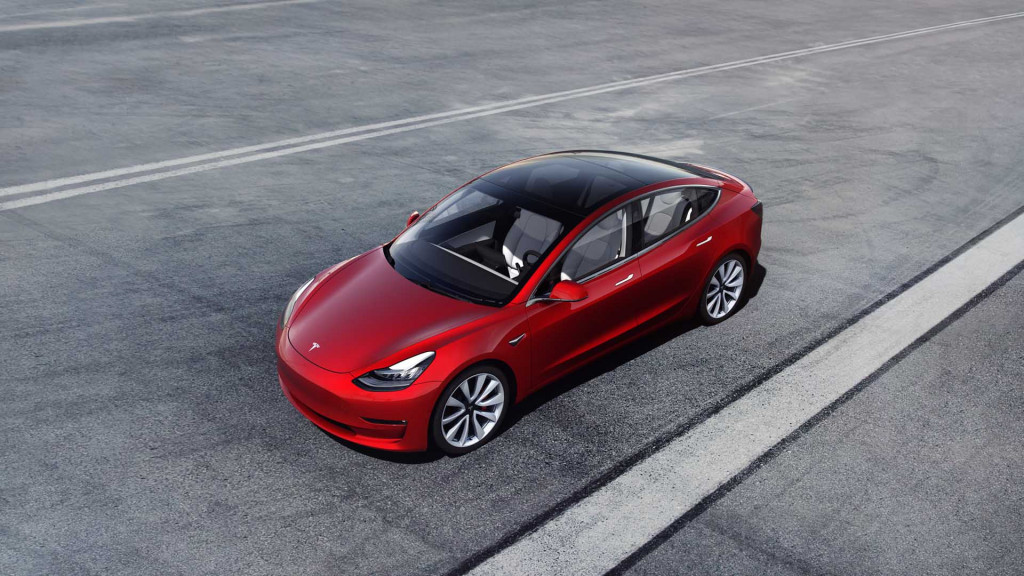A new study confirms what electric car drivers already know: that EVs are cleaner than gasoline cars, even when emissions from electricity generation are factored in.
Electric cars are in fact cleaner than gasoline cars in 95% of the world, according to a joint study by the Universities of Cambridge, Exeter, and Nijmegen (via BBC News).
The only exceptions are places where coal still makes up the majority of the electricity generation mix, such as Poland, the study said.
Average lifetime emissions for electric cars are 70% lower in countries that get most of their electricity from renewable energy or nuclear power, such as Sweden and France.
Electric cars will continue to get cleaner as electricity generation shifts away from fossil fuels, researchers noted. “In a few years, even inefficient electric cars will be less emissions-intensive than most new petrol cars in most countries, as electricity generation is expected to be less carbon-intensive than today.”

2020 Tesla Model 3
Tesla currently sells the most-efficient electric cars, but it’s possible other models will eventually attain similarly small carbon footprints as the grid gets cleaner.
In the United States, progress has been rapid. According to the Union of Concerned Scientists, 94% of Americans now live a place where, based on the local grid, driving an electric car produces less emissions than driving a 50-mpg gasoline car. That’s up from 45% in 2012, when the organization did its first study.
That’s thanks in part to the rapid retirement of coal power plants, which occurred at a record pace in 2019 despite President Donald Trump’s 2016 campaign promise to revive the coal industry.
The Environmental Protection Agency has said that cleaner power generation can even help to offset increases in transportation-related emissions.
In 2017, overall U.S. greenhouse gas emissions fell 2.7%, due to a decrease in emissions from power plants—and despite a spike in emissions from vehicles as buyers moved from cars to light trucks.
